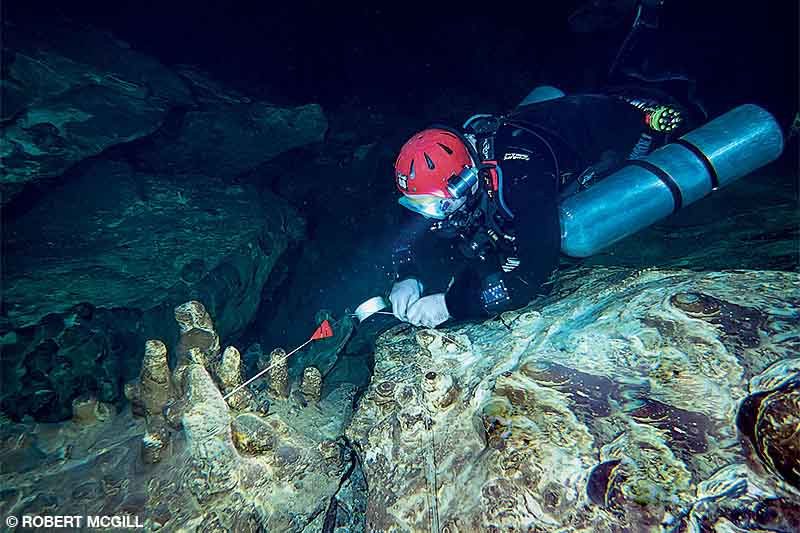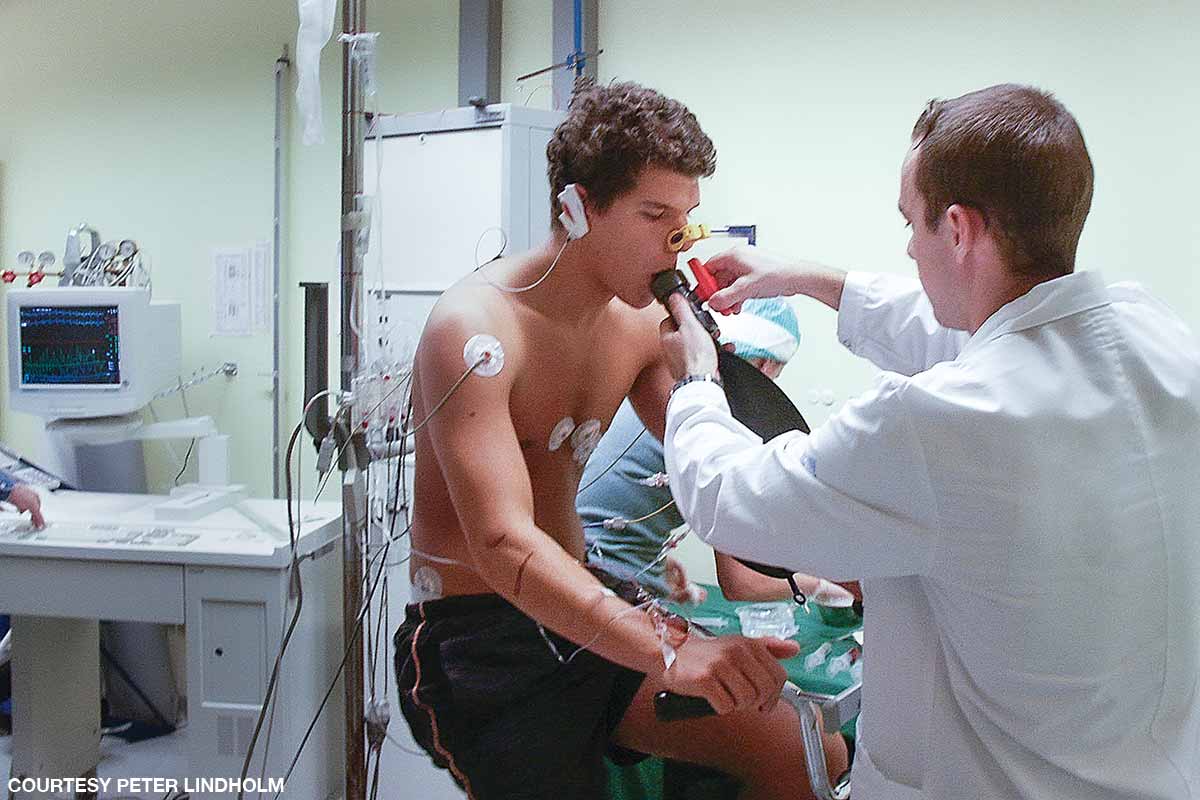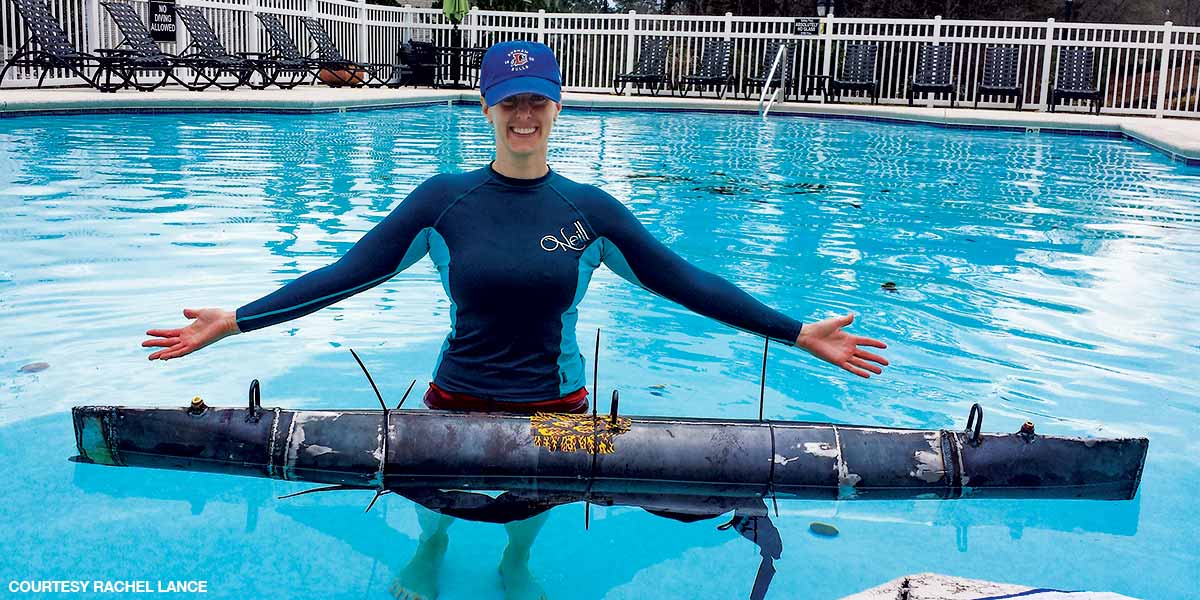Jens-Christian Meiners, Ph.D., a professor of physics and biophysics at the University of Michigan, focuses his laboratory’s research on mechanics of biological systems, primarily the dynamical properties of DNA and DNA–protein complexes. Meiners and his team are currently working on tissue mechanics and tissue damage through gas bubbles in the spinal cord, or spinal cord decompression sickness (DCS), which won him the 2019 DAN/R.W. “Bill” Hamilton Memorial Dive Medicine Research Grant.
During medical school Peter Lindholm joined a laboratory researching aviation, space and underwater physiology, where he developed a passion for breath-hold dive physiology, about which he wrote his doctoral thesis. As one of the physicians for the Swedish Sports Diving Federation (SSDF), he was involved in developing breath-hold dive protocols and training the first instructors of competitive breath-hold diving. After clinical training as a radiologist, Lindholm moved to San Diego, California, where he leads a research group focused on dive physiology and dive medicine.
In her work, Rachel Lance, Ph.D., focuses on extreme environments, particularly the effects of explosions. “The human body is fascinating, especially when it fails,” she says. “We are not naturally equipped to survive in a deep underwater environment, so I am fascinated with the idea of finding ways to do so anyway. Perhaps it’s my naturally rebellious side.”
A PROFESSOR OF EMERGENCY MEDICINE and researcher at the University of Maryland School of Medicine, Stephen Thom holds medical and doctorate degrees from the University of Rochester. He previously led […]
WHEN DID YOU START DIVING? I got certified in 1992 on the Great Barrier Reef in Queensland, Australia. For the next five years I dived in Turkey, Thailand, and on the shipwrecks of Scapa Flow in the Orkney Islands, Scotland — all over …
SHERRI FERGUSON, MSC, IS THE LAB MANAGER at Simon Fraser University’s hyperbaric chamber, located at an altitude of 1,200 feet (366 meters) on Burnaby Mountain in the outskirts of Vancouver, […]
MOST DIVERS KNOW PETER BRIAN BENNETT, PHD, DSC, AS THE FOUNDER OF DIVERS ALERT NETWORK, through which he brought significant changes in how we understand and enact dive safety.
Jay Dean, PhD, is a professor of molecular pharmacology and physiology at the University of South Florida (USF), where he studies the effects of oxygen, carbon dioxide, and barometric pressure on the mammalian central nervous system.
PETAR DENOBLE, MD, D.SC., HAS DEDICATED HIS CAREER to exploring and solving practical issues in dive medicine.
OSKAR FRANBERG LEADS THE RESEARCH GROUP in marine systems engineering at the Blekinge Institute of Technology in Karlskrona, Sweden, and is managing director of the Swedish National Underwater Technology Center. […]



